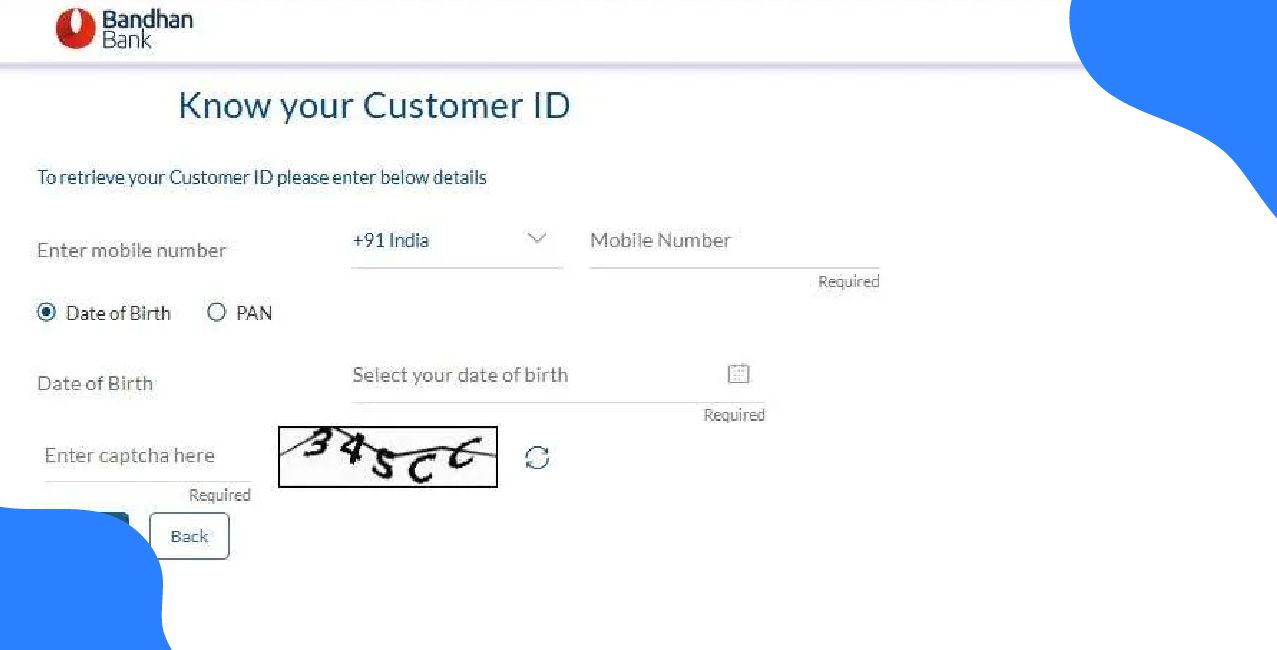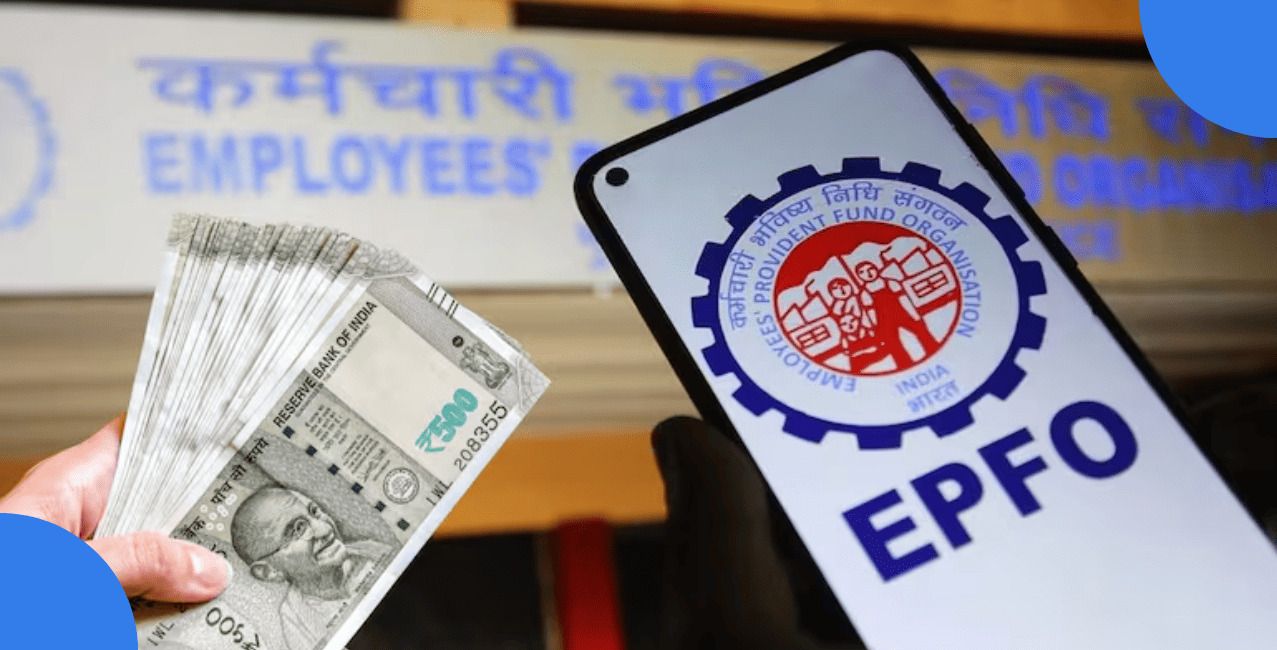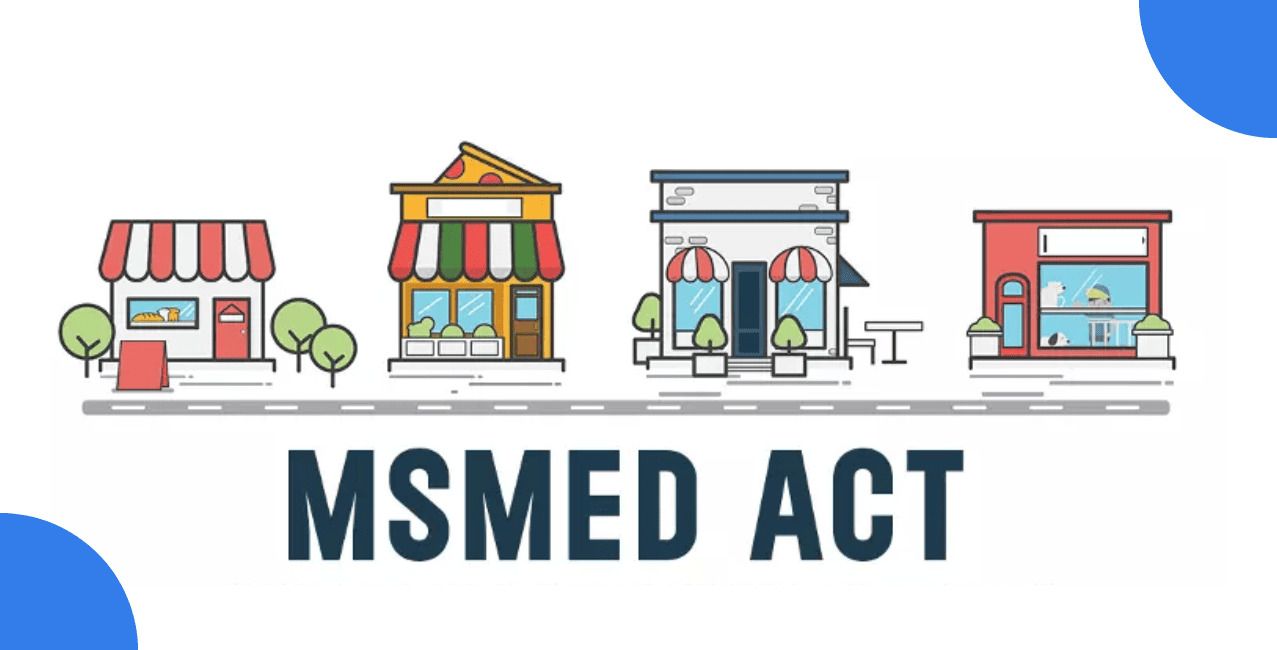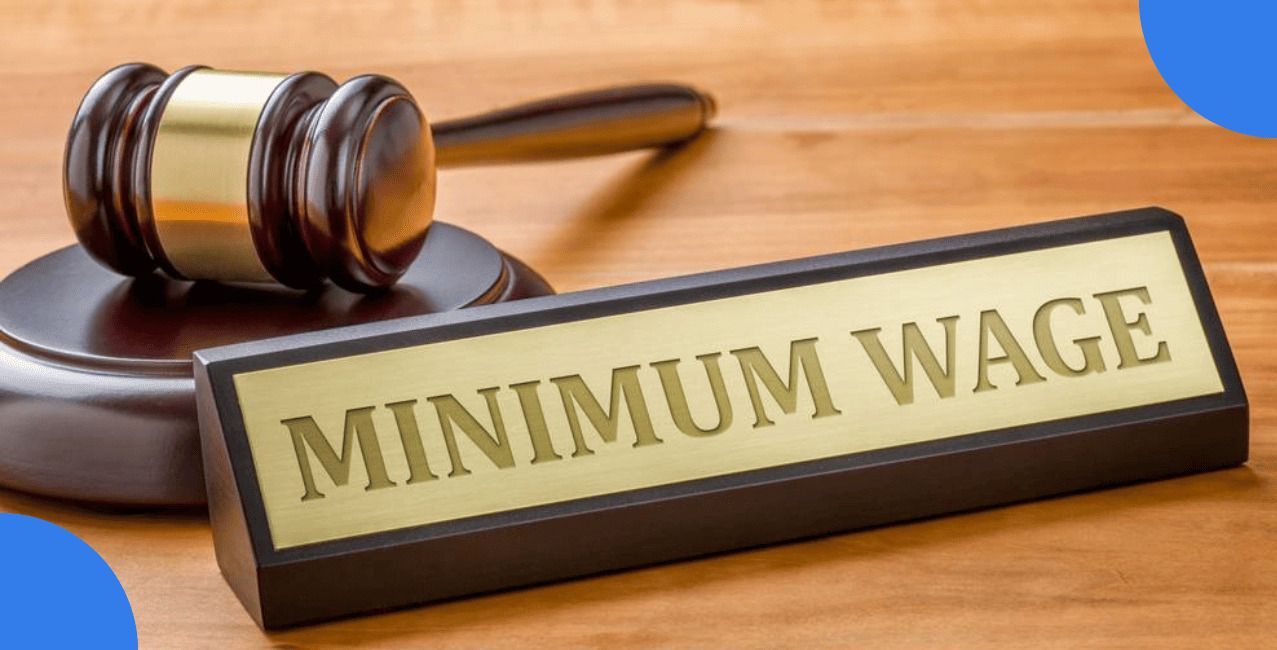What is a Rights Issue? Meaning, Eligibility & Impact on Shareholders

Check Your Loan Eligibility Now
By continuing, you agree to LoansJagat's Credit Report Terms of Use, Terms and Conditions, Privacy Policy, and authorize contact via Call, SMS, Email, or WhatsApp
A rights issue occurs when a company offers its existing shareholders the opportunity to purchase additional shares at a discounted price, based on the number of shares they already own.
Let’s take an example of James Libang, a small investor, who owned 100 shares of AlphaTech Ltd., each worth ₹200. The company announced a 1-for-4 rights issue at ₹150 per share, giving James the option to buy 25 extra shares at a discount.
He decided to buy them and spent ₹3,750 to keep his share in the company the same. Although the share price dropped slightly after the issue, James trusted the company’s plans and believed it was a smart, long-term decision to grow his investment. In this blog, you will learn about the meaning of a rights issue, who is eligible, and how it affects shareholders.
Who are Eligible? Understanding Record Date, Ex‑Date & Subscription Process
To take part in a rights issue, you must own the company’s shares before a set date called the record date. The company uses this date to decide which shareholders will receive the rights to buy extra shares.
The ex-date is the day just before the record date. If you buy the shares on or after the ex-date, you won’t be eligible for the rights issue. That’s because your name won’t appear on the company’s records in time.
If you already own the shares before the ex-date, the company will credit Rights Entitlements (REs) to your demat account. These REs give you the option to:
- Buy more shares at a discount during the offer period.
- Sell your REs on the stock market (if they are tradable).
- Ignore the offer, though this may reduce your ownership percentage in the company.
Tips for Small Investors:
- Buy early: Make sure you own the shares at least one day before the ex-date.
- Read the offer letter: It explains how many new shares you can buy, the price, and the deadline.
- Use ASBA if your bank offers it: This lets you apply without paying upfront—your bank blocks the amount and only takes it if you get the shares.
- Act early: The rights issue usually stays open for only 2 to 4 weeks.
- Don’t waste your rights: If you don’t want to buy the shares, you can often sell the REs and earn some money instead of letting them expire.
Owning shares before the ex-date ensures you're included. Once you get your rights, decide quickly whether to buy, sell, or skip; each choice affects your investment.
Impact on Shareholders: Dilution, Price Adjustment & Strategic Decisions
If you don’t take part in a rights issue, your share in the company can shrink. This reduces your ownership percentage and also your earnings per share (EPS). Companies offer new shares, and if you don’t buy them, your share of the pie becomes smaller.
Here’s an example to understand how the share price may adjust:
Example: TERP (Theoretical Ex-Rights Price):
- Current share price: ₹10
- Rights issue: 1 new share for every 5 held
- Issue price: ₹6
- You hold: 5 shares
Calculation:
- Total value = (5 × ₹10) + (1 × ₹6) = ₹56
- Total shares = 5 + 1 = 6
- TERP = ₹56 ÷ 6 = ₹9.33
So, after the rights issue, the share price may fall from ₹10 to ₹9.33.
Your Options in a Rights Issue
Here’s a table showing what you can do as a shareholder and what each choice means:
Each option has pros and cons, so think carefully before deciding. If the company has strong growth plans, subscribing may benefit you long-term. If not, selling the rights might be the smarter move.
Pros & Cons for Investors & Companies: Benefits vs. Risks
Before you decide whether to take part in a rights issue, it’s important to know how it can help or hurt both companies and shareholders. The table below gives a comparison of the main advantages and disadvantages of each side.
A rights issue can be a smart move for companies that want to raise funds and for investors who trust the company’s future. But you must act fast and make the right choice: buy the shares, sell the rights, or do nothing. Think about your goals, the company’s plans, and how much risk you’re willing to take.
Conclusion
A rights issue is when a company gives its current shareholders the chance to buy more shares, usually at a lower price. This helps the company raise money and gives you a way to protect or increase your share in the business. But if you don’t take part, your ownership might go down.
FAQs
1. Can I buy more than the number of shares offered to me?
Yes, you can ask for extra shares. If some shareholders don’t use their rights, the company may offer the leftover shares to others. This is called oversubscription, and you may get more if there are shares left.
2. What happens if I sell my rights?
If your rights are tradable, you can sell them on the stock market. This lets you make some money without buying more shares. But if you sell your rights, your part in the company will become smaller.
3. Will the share price always fall after a rights issue?
Not always. The price might drop for a short time because more shares are in the market. But if the company uses the money well, like for growth or reducing debt, the share price can go up again later.
4. Do I have to pay right away when I apply?
No, not always. If your bank supports ASBA (Application Supported by Blocked Amount), it will block the money in your account. The bank only takes the money if you get the shares. This helps you keep control of your money.
Other Related Pages | |||
About the author

LoansJagat Team
Contributor‘Simplify Finance for Everyone.’ This is the common goal of our team, as we try to explain any topic with relatable examples. From personal to business finance, managing EMIs to becoming debt-free, we do extensive research on each and every parameter, so you don’t have to. Scroll up and have a look at what 15+ years of experience in the BFSI sector looks like.
Subscribe Now
Related Blog Post
Recent Blogs
All Topics
Contents
Quick Apply Loan
Consolidate your debts into one easy EMI.
Takes less than 2 minutes. No paperwork.
10 Lakhs+
Trusted Customers
2000 Cr+
Loans Disbursed
4.7/5
Google Reviews
20+
Banks & NBFCs Offers
Other services mentioned in this article



.png)




